At the 2004 Democratic National Convention, Illinois State Sen. Barack Obama said: "There is not a Black America and a White America and Latino America and Asian America -- there's the United States of America... We are one people..."
After announcing his candidacy for president, Sen. Obama appeared on "60 Minutes":
"60 Minutes": "You think the country's ready for a black president?"
Obama: "Yes."
"60 Minutes": "You don't think it's going to hold you back?"
Obama: "No. I think if I don't win this race, it will be because of other factors. It will be because I have not shown the American people a vision for where the country needs to go that they can embrace."
Polls offered support for Obama's optimism. The 2008 principal primary candidates for the Republicans were Arizona Sen. John McCain and former Massachusetts Gov. Mitt Romney. For Democrats, the candidates were Obama and Hillary Clinton. A 2007 Gallup poll found that 42% of Americans said they would not vote for someone of McCain's age. Twenty-four percent said they would not vote for a Mormon, Romney's religion. As for Clinton, 11% said they would not vote for a woman. Just 5% said they would not vote for a black person.
Shortly after the passage of the Civil Rights Act of 1964, an optimistic Rev. Martin Luther King said, "Frankly, I have seen certain changes in the United States over the last two years that have surprised me." He said, "We might be able to get a Negro president in less than forty years."
Fast forward to 2008. Even those who voted against Obama nevertheless felt his victory made a profound statement about the country. Polls showed both blacks and whites expected "race relations" to improve. But after Obama's eight years in office, both blacks and whites thought race relations got worse. What happened?
Recommended
From the beginning of Obama's presidency until its end, the man America's considered a unifier played one race card after another. He enraged American law enforcement by falsely accusing a white Cambridge police officer of "acting stupidly." He implied the officer was racially motivated when he gave to a reasonable and lawful order to a black Harvard professor, who resisted it. When black Florida teenager Trayvon Martin was shot and killed by a self-appointed neighborhood watchman, Obama said, "If I had a son, he'd look like Trayvon." The jury found the defendant not guilty, and the jurors said race played no role in the encounter. But Obama, who later embraced Black Lives Matter, again advanced the false narrative of anti-black "systemic racism." Never mind studies showing cops more reluctant, more hesitant to pull the trigger on a black suspect than a white suspect.
In an interview, the man who said he would not blame race if he lost the election said: "The legacy of slavery, Jim Crow, discrimination in almost every institution of our lives -- you know, that casts a long shadow, and that's still part of our DNA that's passed on. We're not cured of it. ... Racism -- we are not cured of it." Obama invited the race-hustling Al Sharpton to the White House over 70 times.
Obama's Attorney General Eric Holder complained of America's "pernicious racism," giving as an example voter ID. In Obama's second term, a black man motivated by the Obama-promoted police anti-black narrative murdered two NYPD cops as they sat in their squad car. In Baton Rouge, another black man driven by the same narrative ambushed and murdered three police officers. In Dallas, another black man influenced by this narrative ambushed and murdered five police officers.
There is a straight line between Obama's rhetoric and the months of the deadly, costly 2020 Black Lives Matter/George Floyd protests. Never mind that the lead prosecutor, a black man, never argued the officer-defendant was racially motivated, and the officer was not charged with a hate crime.
Obama, post-presidency, still fans the flames of race and identity division. Less than two years ago, the man America hired as a uniter said: "I have little sympathy for reactionaries who cynically condemn identity politics or cancel culture when really all they're doing is trying to preserve existing privilege or excuse entrenched injustice, or bigotry."
Thanks, Obama.
Larry Elder is a bestselling author and nationally syndicated radio talk show host. To find out more about Larry Elder or become an "Elderado," visit www.LarryElder.com. Follow Larry on Twitter @larryelder. To read features by other Creators Syndicate writers and cartoonists, visit the Creators Syndicate webpage at www.creators.com.

















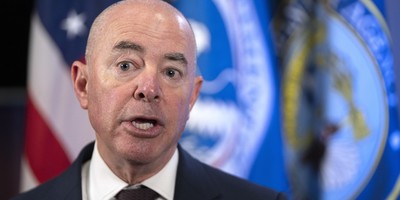
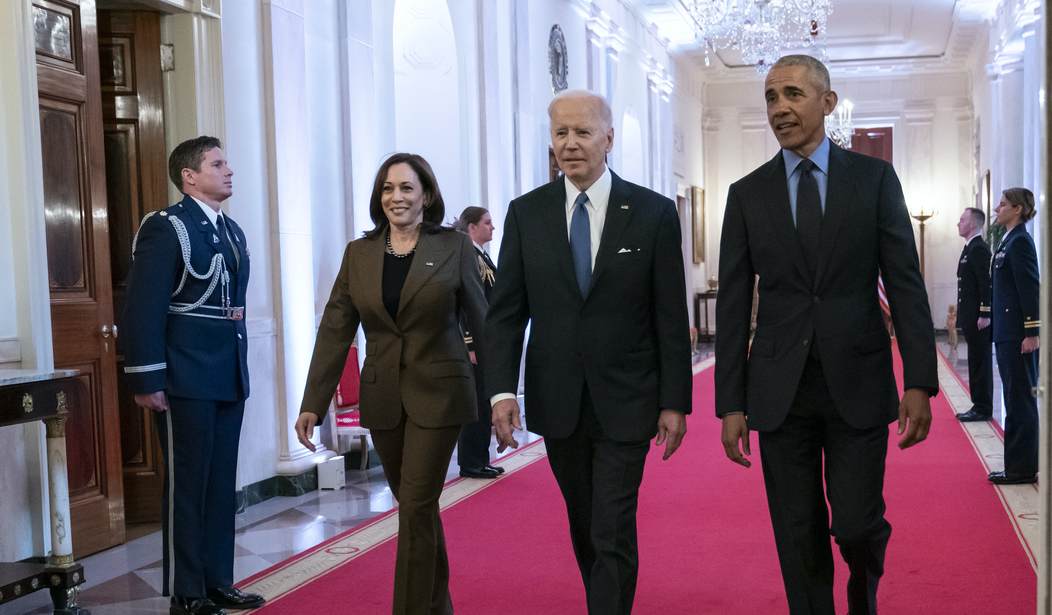


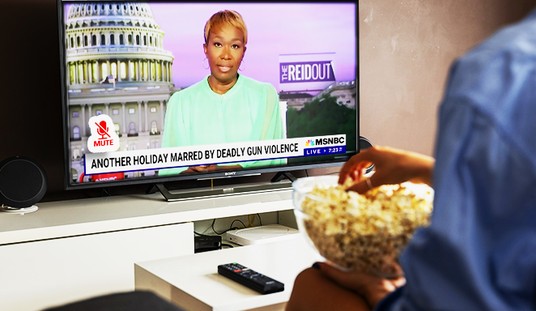
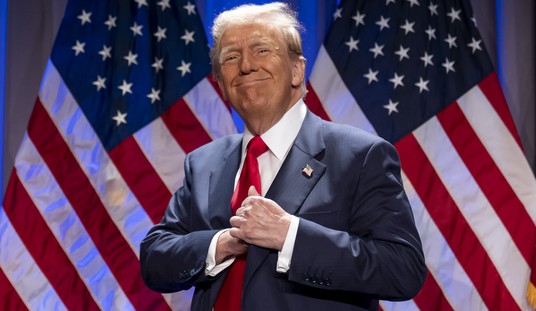
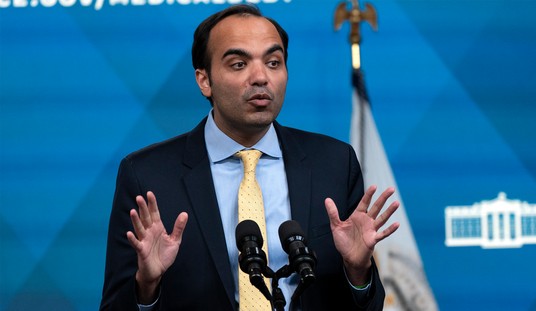
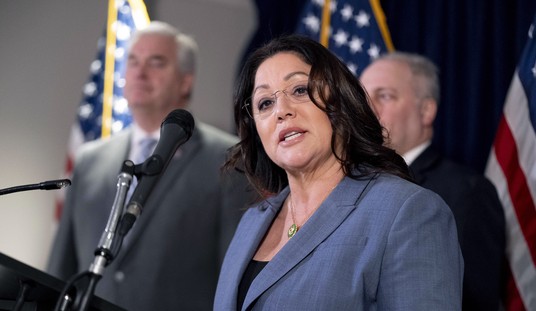
Join the conversation as a VIP Member